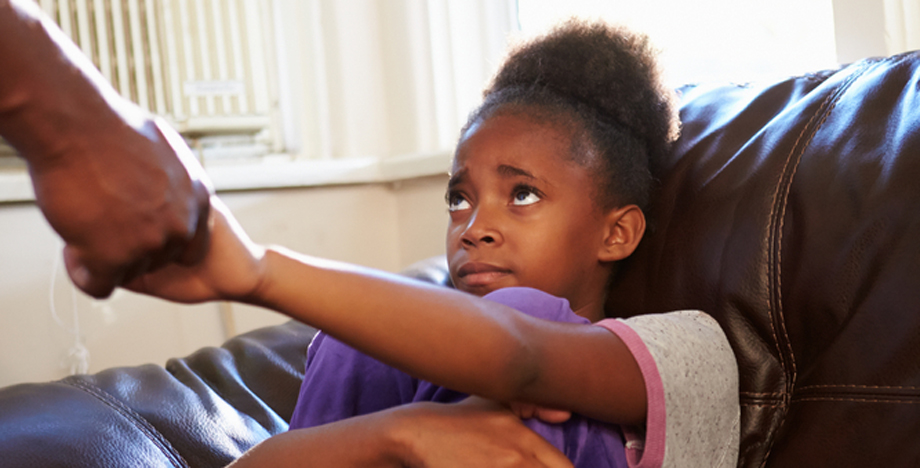Accurate statistics on the prevalence of sexual abuse are difficult to collect because of problems of underreporting and the lack of one definition of what constitutes such abuse.
However, there is general agreement among mental health and Sexual professionals that ‘Sexual Abuse’ is any sort of non-consensual sexual contact. Sexual abuse can happen to children, men or women of any age. Sexual abuse by a partner/intimate can include derogatory name calling, refusal to use contraception, deliberately causing unwanted physical pain during sex, deliberately passing on sexual diseases or infections and using objects, toys, or other items without consent and to cause pain or humiliation.
Child sexual abuse is a common and serious problem worldwide. While it has been defined as “any sexual act with a child performed by an adult or an older child”, child sexual abuse could include a number of acts, including but not limited to:
- Sexual touching of any part of the body, clothed or unclothed;
- Penetrative sex, including penetration of the mouth;
- Encouraging a child to engage in sexual activity, including masturbation;
- Intentionally engaging in sexual activity in front of a child;
- Showing children pornography, or using children to create pornography;
- Encouraging a child to engage in prostitution.
Children and adolescents, regardless of their race, culture, or economic status, appear to be at approximately equal risk for sexual victimization. Statistics show that girls are sexually abused more often than boys are. However, boys’ and, later, men’s, tendency not to report their victimization may affect these statistics. Some men even feel societal pressure to be proud of early sexual activity (no matter how unwanted it may have been at the time). It is telling, however, to note that men who have been abused are more commonly seen in the criminal justice system than in clinical mental health settings.
The impact of sexual abuse can range from no apparent effects to very severe ones. Typically, children who experience the most serious types of abuse—abuse involving family members and high degrees of physical force—exhibit behavior problems ranging from low self esteem, separation anxiety to posttraumatic stress disorder. These often are carried over into adulthood and pose a threat to a healthy sexual and social life later in life.
Re-victimization is also a common phenomenon among people abused as children. Research has shown that child sexual abuse victims are more likely to be the perpetrator of rape or to be involved in physically abusive relationships as adults.
The negative effects of sexual abuse cannot be overemphasized, hence the need to prevent by enabling sexuality education awareness for children and parents as well as seeking professional counseling help in case where an abuse had occurred.
Counseling helps a great deal to minimize, and in some cases truncate the effect of sexual abuse. Counseling helps victims to redefine their interpretation of the abuse and to relinquish any guilt they may feel about the abuse. It would help victims feel better and aid return to a more normal life.
Counseling and other support services are also important for the caregivers, siblings and parents of abused children, sexual abuse actually has ripple effects, especially when disclosed.
Timi Oyebode
Professional Counselor & Sex Recovery Therapist
CEO, Attitude Development International
Twitter: @Timioyebode

